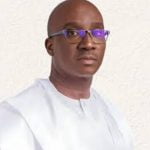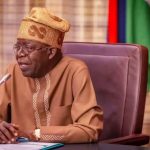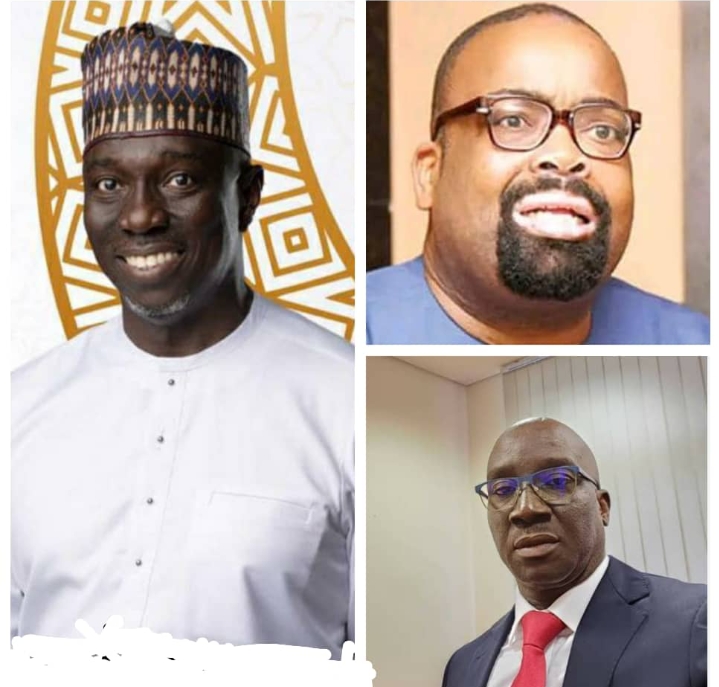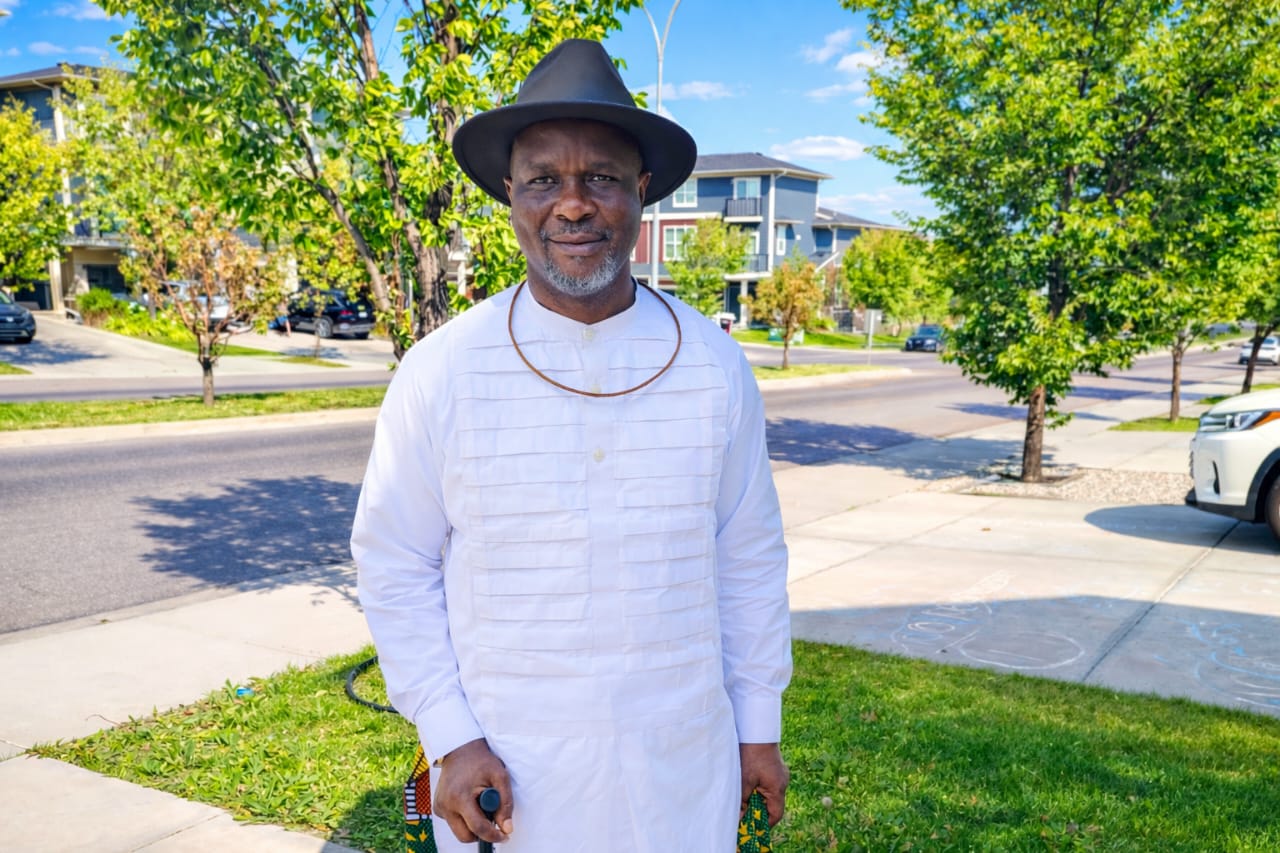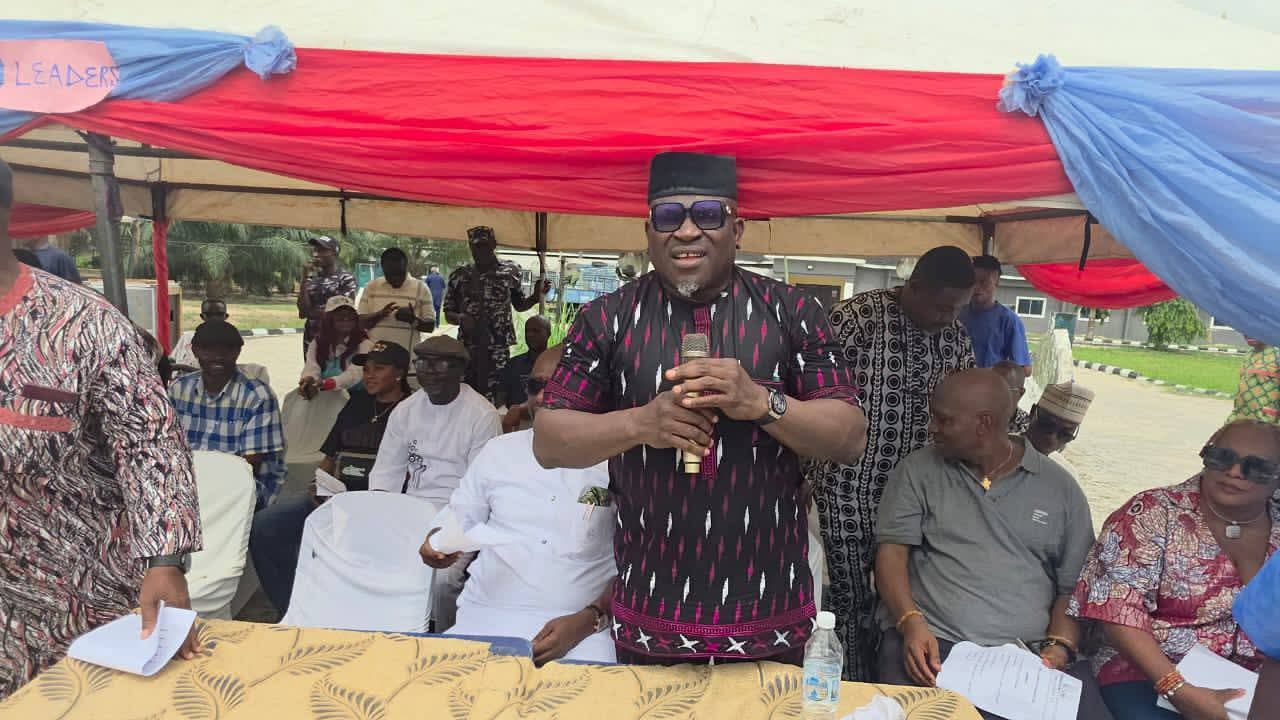In recent years, the criteria to become the governor of Edo State have evolved, reflecting the significant progress and advancements that the state has witnessed under Governor Godwin Obaseki’s administration. Obaseki has raised the bar so high that only those who can meet or exceed these standards should even consider vying for the governorship.
If Monday Okpebholo had contested immediately after Adams Oshiomhole, he might have stood a chance of winning, but the landscape has drastically changed. Today, the role of governor demands far more than basic political maneuvering; it requires a deep understanding of governance, a commitment to innovation, and the ability to sustain and advance the developmental strides the state has made. Simply put, the bar is higher, and not everyone is equipped to clear it.
One of the most remarkable achievements of the Obaseki administration is the complete digitization of the Edo State civil service. The state is now one of the few in Nigeria where civil servants no longer carry physical files; the entire system has gone paperless. This shift to a digital workflow is more than a superficial change; it represents a deep commitment to efficiency, transparency, and modern governance.
Maintaining and advancing such a system requires a leader who not only understands the intricacies of digital transformation but also has the vision and capability to push the boundaries even further. Only someone like Asue Ighodalo has the experience and expertise to continue this level of progress. It is certainly not within the grasp of someone like Monday Okpebholo, often referred to as “Akpakomiza,” whose approach to governance appears outdated and disconnected from the realities of modern administration.
Furthermore, under Obaseki’s leadership, it has become mandatory for every civil servant in Edo State to undergo training at least two to three times a year. This policy is not merely a formality; it is a deliberate effort to ensure that Edo State’s workforce is continuously trained and retrained to meet global standards.
The importance of a well-trained civil service cannot be overstated—it is the backbone of effective governance and a prerequisite for sustained development. Reverting to a system where training and professional development are neglected would be a colossal step backward, one that Edo State simply cannot afford.
As we look to the future, the path is clear: if Edo State is to continue on its current trajectory of progress, innovation, and excellence, the next governor must be someone who not only meets the high standards set by Governor Obaseki but also has the vision and capability to exceed them. Asue Ighodalo is that leader.
His track record, coupled with his understanding of modern governance, positions him as the only candidate capable of leading Edo State to even greater heights. The alternative is a return to regression, something the people of Edo State cannot and should not accept. The choice is clear—Edo must move forward, and only Asue can lead us to that destination.



